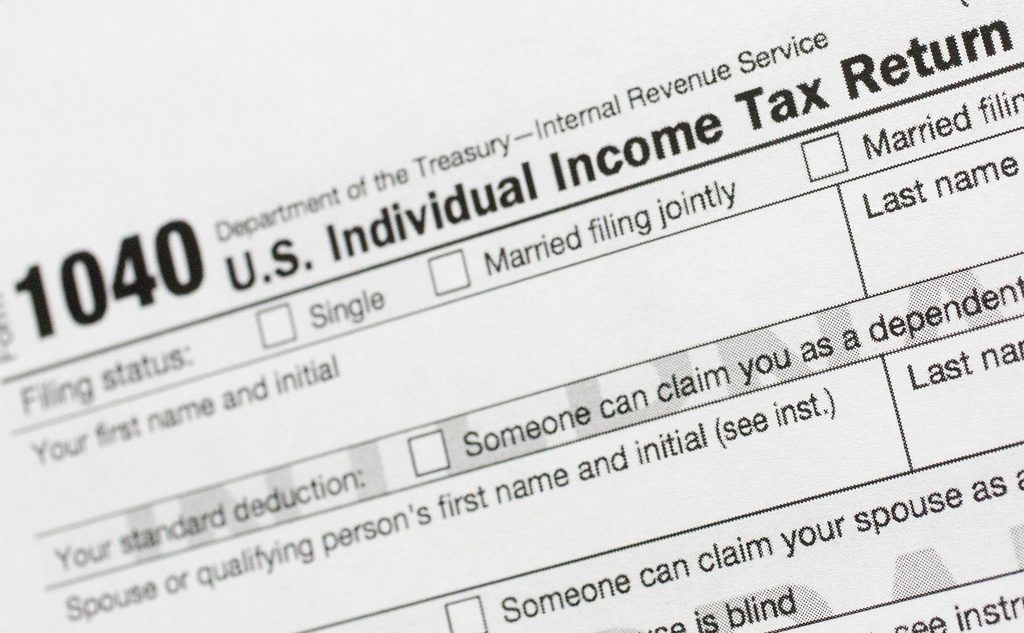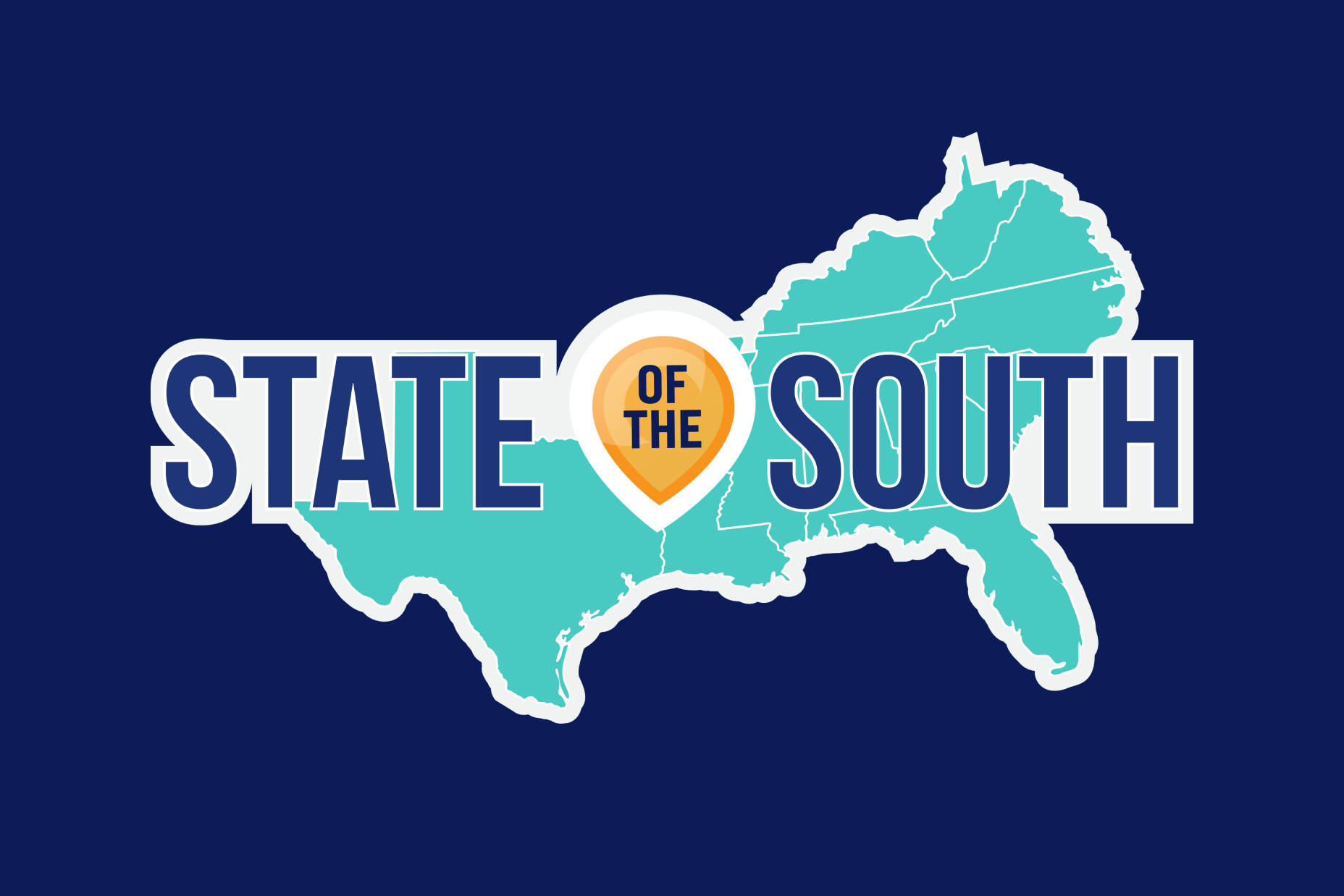We Need To Support Childless Adults, Too
Jan 16, 2025

January 15, 2025
A few weeks ago, I attended a conference exploring policies and interventions that support thriving families in the American South. The conversations focused on supporting parents in making ends meet and improving the odds for children born into low-income households.
It’s undeniable that a child’s socioeconomic status, the quality of their education, and the environment in which they grow up strongly influence their adult income, health and stability. By improving children’s economic mobility, we aim to break the cycle of poverty, sparking intergenerational change.
But as I sipped my lukewarm hotel coffee, I couldn’t shake one burning question: Are we leaving adults behind?
Our discussions of benefits, education and economic empowerment focused almost exclusively on families with children. Whether accidental or by design, we have constructed a system of support that excludes childless adults — a growing demographic here in the South, and a group dismissed in policy debates nationwide as though they don’t matter.
Why we must care about childless adults
The South’s economic vitality depends on the contributions of millions of nonelderly adults without children, who form a critical pillar of our workforce, communities and economy. This group shoulders immense responsibilities, from providing childcare for neighbors or relatives to supporting aging parents, all while filling indispensable roles in healthcare, education, technology and construction.
Yet their unique challenges are too often overlooked. The poverty rate for childless adults has stagnated since 1993, even as government programs have significantly reduced poverty for families with children. Adults without children are often excluded from many economic supports, limiting their access to skill-building, education and even basic healthcare.
This oversight is unsustainable. Nonelderly adults without children are the backbone of the labor force, driving economic growth and innovation. Their financial health fuels local economies, from housing markets to retail sectors. Many serve as caregivers or volunteers, strengthening families and neighborhoods. Without support, poverty traps them in cycles of instability, undermining economic progress for everyone.
Supporting childless adults also serves as a family planning tool by creating an environment where individuals can make informed, independent decisions about if and when to have children. Addressing their needs removes barriers that complicate family planning.
And, as the South’s population ages, the tax base and labor force contributions of childless adults will be critical for sustaining eldercare and social programs. Every day, 10,000 Americans turn 65, and the South accounts for more than half of the nation’s population growth. Fertility rates are declining, especially among white women, while people of color represent the fastest-growing demographic group. These changes, described by demographic expert James H. Johnson Jr., signal a societal transformation with far-reaching implications.
Already, many low-income, childless adults are excluded from safety-net programs like Medicaid, which often tie eligibility to family status. In states with restrictive policies, these individuals face greater risks of economic instability and poor health outcomes. The “browning and graying” of America highlights the pressing need for policies that address the intersection of race, age, and income inequality.
Medicaid expansion is a lifeline for all adults
Medicaid expansion under the Affordable Care Act has been transformative in states that adopted it, providing a safety net for millions of low-income adults. In places like Ohio and Louisiana, expansion has provided critical coverage, improving health outcomes and easing financial strain on hospitals serving low-income populations.
However, in non-expansion states, many adults — particularly childless adults — fall into the coverage gap. This gap occurs when individuals earn too much to qualify for Medicaid but too little to receive subsidies on the health insurance marketplace, leaving them without affordable health coverage. In non-expansion states, childless adults are frequently excluded from Medicaid altogether, regardless of income, forcing them to navigate an unsustainable healthcare void.
As my colleague Simon Palmore discusses in our recent MDC report “Facing South, Moving Up,” closing this coverage gap is essential to ensure that all low-income adults — not just those with children — have access to healthcare.
Read the entire article here!






